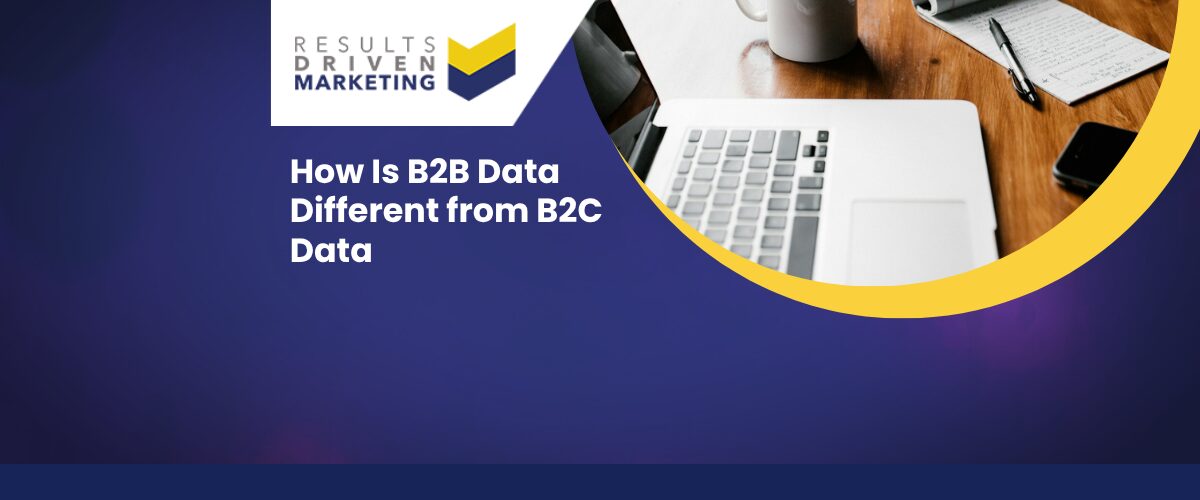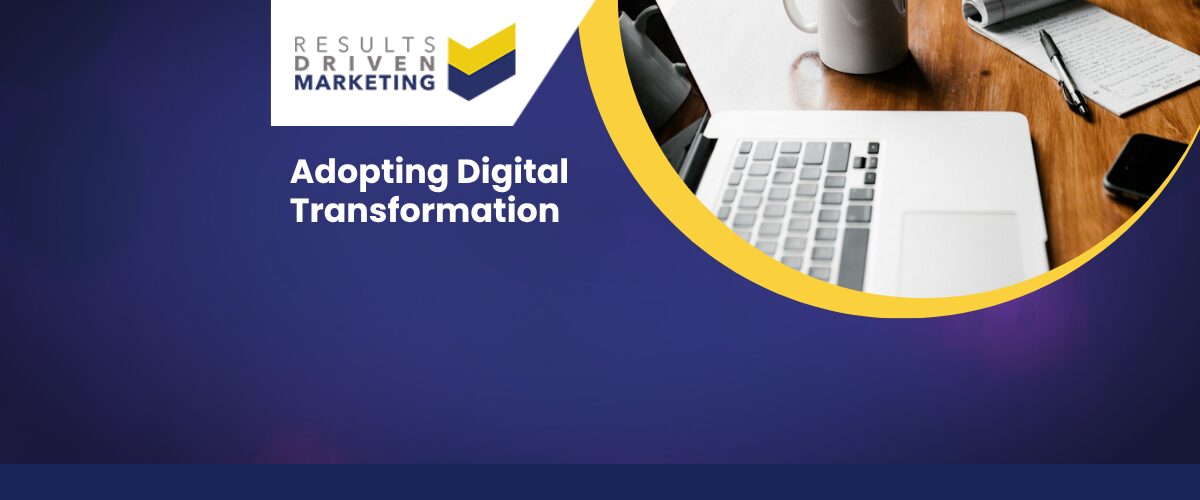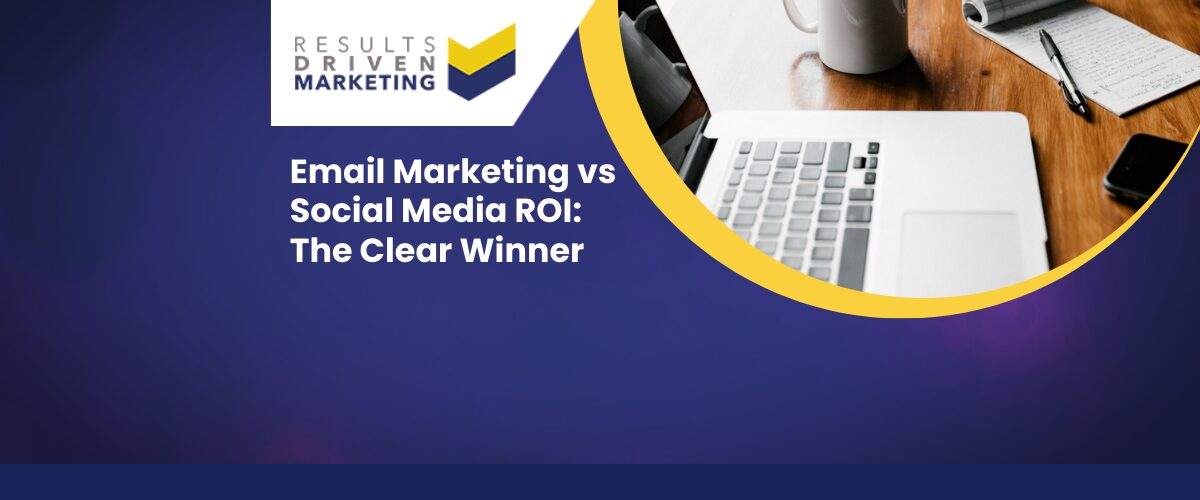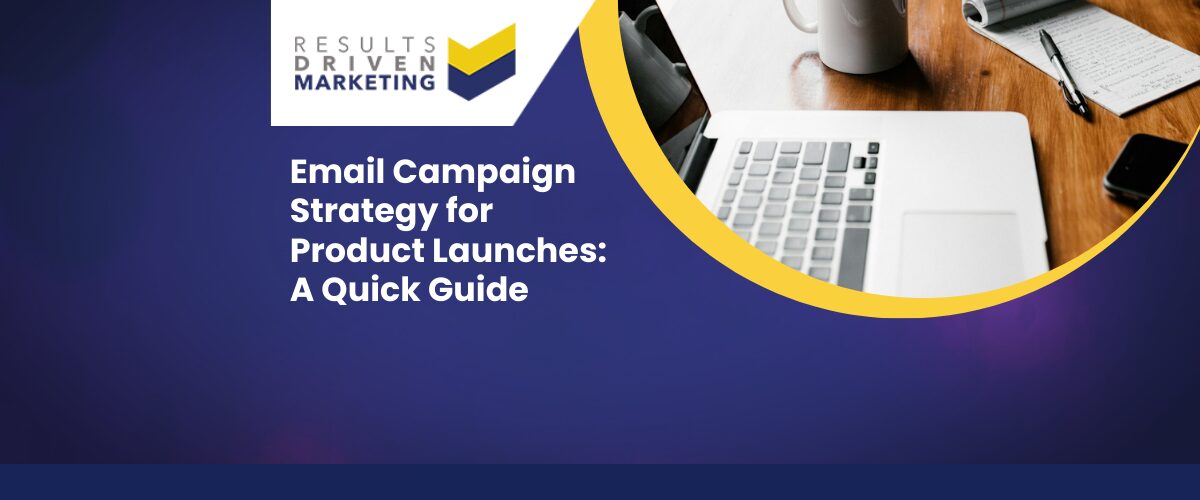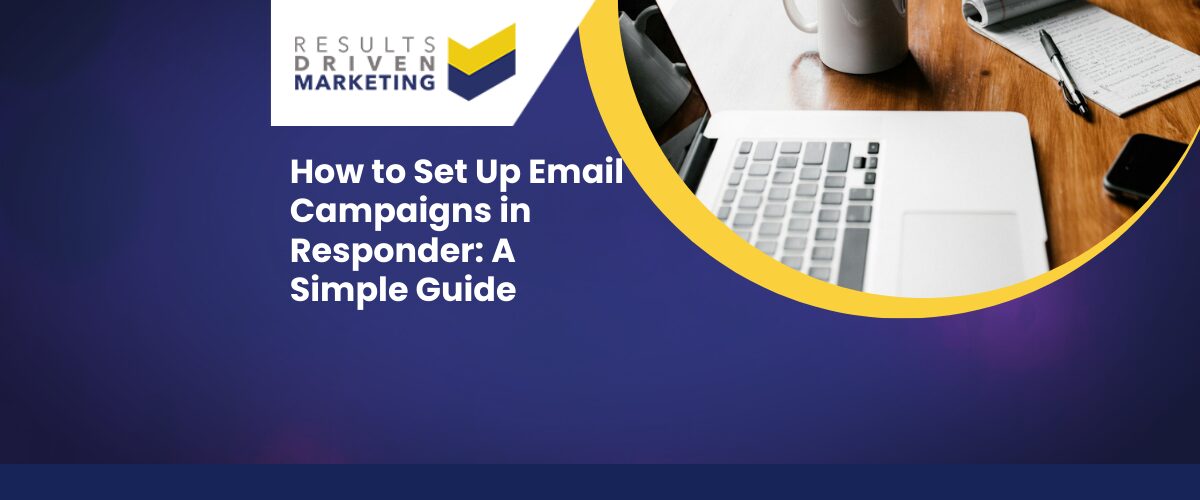How is B2B data different from B2C data? It’s a question that often comes up when SMEs start looking at buying marketing lists or planning outbound campaigns. On the surface, data might seem universal—but in practice, the difference between business and consumer data is significant, and ignoring it can hurt your results.
Many businesses waste money by using the wrong type of data for their campaigns. They send consumer-style messages to professionals or try to apply B2C tactics to a B2B environment—and then wonder why the response rate is so poor.
In this guide, we’ll break down the key differences between B2B and B2C data, explain why those differences matter, and show you how to choose and use the right data for better lead generation. If you’re targeting decision-makers and looking for more efficient outreach, this article is for you.
Table of contents:
What Is B2B Data vs B2C Data?
To understand how B2B data is different from B2C data, you need to look at what each type of data is built to do.
B2B Data: Business-to-Business
B2B data refers to information about businesses and professionals. It includes:
-
Company name and address
-
Contact names and job titles (e.g. Managing Director, Sales Manager)
-
Email addresses and phone numbers
-
Industry sector and company size
-
Turnover, staff numbers, trading status
This data is typically used for sales and marketing targeting business decision-makers—especially in outbound campaigns like email, phone, or direct mail.
B2C Data: Business-to-Consumer
B2C data is focused on individuals as consumers, not professionals. It often includes:
-
Full name and home address
-
Age, gender, income bracket
-
Buying behaviour or lifestyle interests
-
Email and mobile contact info
This data is used in sectors like retail, insurance, or utilities—where marketing is aimed at households or individual purchases.
While both types of data serve a purpose, mixing them up can lead to wasted spend and poorly targeted messaging.
Key Differences Between B2B and B2C Data
Understanding the core differences between B2B and B2C data helps ensure you’re using the right information for the right purpose. Here’s how they diverge:
Structure and Detail
-
B2B data is structured around organisations and roles. It includes job titles, departments, decision-making authority, company size, and industry codes.
-
B2C data is centred on personal characteristics—like age, lifestyle, or household income.
B2B data tends to be more complex and multi-layered, with a stronger emphasis on professional context.
Buying Intent and Sales Cycles
-
B2B purchases are logical, often based on ROI or operational need. The sales cycle is typically longer, involving multiple stakeholders.
-
B2C purchases are more emotional or impulse-driven, with faster decision-making and simpler sales journeys.
This impacts how you craft your campaigns and how often you need to follow up.
Volume and Accuracy
-
B2C data is more abundant—millions of consumer records—but often less precise or relevant to business goals.
-
B2B databases are smaller but more focused and intentional, especially when sourced from a quality supplier.
Compliance Considerations
The legal landscape differs, especially in the UK. B2B marketing is governed by business-friendly rules, provided it’s targeted and relevant. However, you still need to ensure compliance with GDPR and the CTPS register when using phone data.
B2C data faces stricter consent requirements, especially for email and SMS marketing.
Why These Differences Matter to Your Campaigns
If you’re running sales or marketing outreach, using the wrong type of data can seriously undermine your efforts. Here’s how the differences between B2B and B2C data directly affect your campaigns:
Targeting Accuracy
B2B campaigns rely on precision. You’re aiming to reach a Sales Director, Marketing Manager, or Business Owner—not a random consumer. B2C-style targeting lacks the business context and can lead to irrelevant outreach.
Example: Sending a business finance offer to a personal Gmail address won’t get you far.
Messaging and Tone
B2B messaging should be professional, value-driven, and problem-solving. You’re addressing business goals like increasing sales, reducing costs, or improving efficiency.
B2C messages often rely on emotion, lifestyle appeal, or convenience.
Channels and Delivery
-
B2B: Performs best via email, phone calls, LinkedIn, and direct mail—especially when campaigns are segmented and personalised.
-
B2C: Leans more on paid ads, social media, SMS, or broadcast email.
Getting this wrong can mean wasted budget and poor engagement.
B2B data gives you the clarity to target real decision-makers with relevant, commercial offers—rather than sending generic noise into the void.
Common Mistakes When SMEs Confuse the Two
It’s easy to blur the lines between B2B and B2C data—especially when you’re focused on generating leads quickly. But these common errors can derail even the most well-intentioned campaigns:
Buying the Wrong Type of List
Many businesses unknowingly purchase consumer data for a business-focused campaign. The result? Irrelevant contacts, poor response rates, and a high chance of breaching GDPR or CTPS regulations.
Sending the Wrong Message to the Wrong Audience
Using B2C-style messaging—emotional language, consumer discounts, lifestyle themes—on a B2B list doesn’t resonate. Business buyers want relevance, clarity, and value.
Misunderstanding Results
B2C campaigns often deliver quick wins with broad reach. B2B campaigns typically have longer lead times and require multiple touchpoints. Confusing the two can lead to unrealistic expectations and early abandonment of effective strategies.
Getting your data type right from the outset saves time, protects your budget, and sets your campaign up for real success.
Why B2B Data Needs a Specialist Supplier
If you’re running B2B campaigns, not all data providers are created equal. Choosing a specialist supplier matters more than most SMEs realise.
B2B Data Is More Complex
Unlike consumer data, B2B data isn’t just about contact details. It requires:
-
Accurate job titles and decision-maker roles
-
Up-to-date company profiles (size, turnover, industry)
-
Relevance to your specific campaign goals
Generic list providers often bundle outdated or irrelevant records—leading to low engagement and missed opportunities.
Segmentation and Targeting Are Key
The value of B2B data comes from how well it can be segmented. A good supplier understands how to tailor lists based on your target sector, location, and campaign method—whether that’s phone, post, or email.
Expert Advice Adds Value
Specialist suppliers like us don’t just sell data—we guide you on how to use it. That includes helping you understand campaign compliance, how to buy email lists ethically, and how to get the most from every contact.
For better ROI, fewer bounces, and a faster path to results, it pays to go with a B2B expert.
Why Choose Results Driven Marketing
At Results Driven Marketing, we specialise in helping UK SMEs succeed with targeted, reliable B2B data. We know that one-size-fits-all lists don’t work—so we build every list to match your goals, sector, and preferred outreach style.
Here’s what makes us different:
-
B2B-focused expertise – We only deal with business data, not consumer lists
-
Tailored to your campaign – Whether you’re using email, phone, or post, we’ll match the data to your method
-
Fast, secure delivery – Lists delivered within 24 hours, password-protected, GDPR and CTPS compliant
-
Practical, honest advice – No jargon, no upselling—just straight-talking support from people who care about your results
If you’re tired of poor-quality data and generic providers, talk to a team that puts your success first. Contact us—we’re here to help.
Final Thoughts: The Right Data Drives the Right Results
Understanding how B2B data is different from B2C data isn’t just a technical detail—it’s essential to running successful campaigns. When you get it right, you reach the right people, with the right message, at the right time.
To recap:
-
B2B data is structured for targeting professionals and decision-makers
-
B2C data is built for mass appeal to consumers and households
-
Mixing them up leads to wasted spend, poor engagement, and potential compliance issues
The good news? With the right supplier and a bit of guidance, it’s easy to stay on track. If you’re running email, phone, or direct mail outreach, start with data that’s built for business—not consumers.
Need help choosing the right list or campaign approach? Contact us for expert advice. Or explore our tailored email lists to start reaching decision-makers today.
Results Driven Marketing
Helping SMEs go from bad data to more customers and profits
📍 Newcastle (Cobalt Business Exchange)
📞 0191 406 6399
🌐 rdmarketing.co.uk

